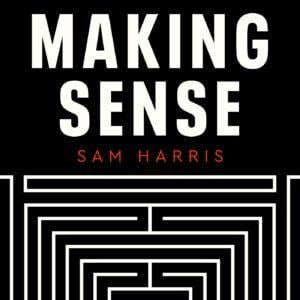
In this episode of “Science Vs,” the winners of the inaugural best episode competition are being featured, starting with an exploration of Magic Mushrooms. Magic Mushrooms, also known as psilocybin mushrooms, have gained popularity in recent years and have even been legalized in some places for therapeutic use. This episode delves into the potential benefits of using magic mushrooms for treating anxiety and depression, as well as the ongoing research in this field.
Magic mushrooms, also known as psilocybin mushrooms, have shown potential for treating depression and anxiety. Psychedelic therapy using magic mushrooms has yielded promising results, with participants reporting reduced anxiety and increased engagement in their work. The active compound in magic mushrooms, psilocybin, affects the brain’s interpretation of information, leading to hallucinations and altered perceptions of reality.
Clinical trials conducted with psilocybin have demonstrated positive outcomes for depression treatment. Participants in these trials took a massive dose of psilocybin, known as the heroic dose, and experienced significant improvements in their symptoms. The success of these trials highlights the potential of psilocybin as a powerful treatment option for depression and anxiety.
Psilocybin affects the brain by creating new connections between different parts of the brain and altering the processing of information. Tripping on psilocybin can lead to sensory and emotional distortions, providing individuals with a unique perspective on the world. Psilocybin may also calm the hyperactive amygdala, which is associated with fear and sadness, potentially contributing to its antidepressant effects. MRI scans have shown that psilocybin induces a sense of comfort and reduces emotional reactions to stimuli.
Psilocybin therapy involves a guided experience with a trained therapist, ensuring a supportive and safe environment for the psychedelic journey. Indigenous cultures have long used psilocybin for spiritual and healing purposes. The FDA has recognized the potential of psilocybin-based drugs for depression treatment, and Oregon has taken a step forward by legalizing psilocybin therapy for mental health treatment. These developments open doors for further research and access to this promising therapeutic option.
As research into the therapeutic potential of magic mushrooms continues, the evidence suggests that psilocybin therapy holds promise for treating depression and anxiety. Clinical trials have shown significant improvements in symptoms, and the mechanism of action in the brain is being better understood through MRI scans. With the FDA’s approval of psilocybin-based drugs for depression treatment and the legalization of psilocybin therapy in Oregon, the future looks bright for exploring the benefits of magic mushrooms as a legitimate therapeutic option.